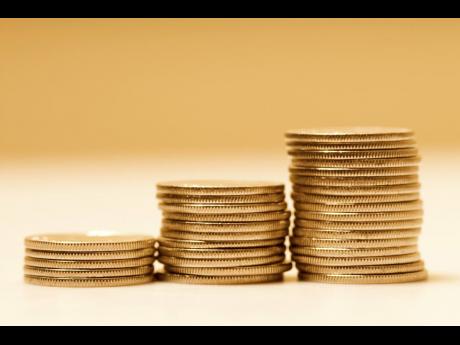QUESTION: H ow do insurance companies make money? There are a lot of activities in this sector. A Barbadian insurer entered the local market a few months ago. A change in the ownership of the country’s biggest motor insurer is also taking place. A big, locally owned financial group now has a controlling interest in a Trinidad-owned regional insurance group. Finally, local interests have set up a new health insurance carrier. These goings-on suggest that there are opportunities for insurers to make more money.
− A.C., Kingston 7
INSURANCE HELPLINE: The total insurance spending in Jamaica was nearly US$610 million in 2017. Of that amount US$319.1 million, 52 per cent, was paid for non-life insurances. The spending on life insurance was US$290.5 million or 48 per cent. The total spending amounted to 4.4 per cent of the country’s gross domestic product. US$610 million is a lot of money by any yardstick.
However, when the per capita spending on insurance in Jamaica is compared with those of some of its neighbours, Jamaica’s average spend is lower than that of Barbados, The Bahamas, Trinidad & Tobago and The Cayman Islands.
My guess is that the shareholders in insurance companies are aware of these metrics and are assuming that increased economic activities are likely to create additional opportunities for insurers to make more money.
Warren Buffett, reputedly one of the world’s richest persons, likes insurance companies. They contribute a big part of his wealth. He is reported to have said, according to Matthew Frankel, in his book Why Warren Buffett Loves the Insurance Industry, that “he loves the financial structure of insurance entities”.
It is obvious that shareholders in local insurance entities are emulating Buffett’s investment strategy.
Insurers make money in three ways: underwriting profit; investment profit; and other income. This is an important fact to bear in mind when you examine their financial statements. Local insurers are required by law to publish their annual audited results in the newspapers.
Underwriting profit
Underwriting is the process by which an insurer selects, prices and takes on risk for a premium. Underwriting profit is the amount of money left over after the insurer pays claims and expenses.
When an insurance company collects $1,000 in premium and pays $900 in losses and expenses, the net result, or underwriting profit, is $100. If the sum of the amount paid for claims and expenses amounted to $1,500 the company would report an underwriting loss of $500.
Underwriting involves, among other things, charging premiums that are appropriate for the level of risk. Insurers also have the ability to influence the outcome by controlling the claims payouts and their operating expenses.
In cases where the latter costs exceed the premium, it doesn’t necessarily mean that the insurer has made a loss. Underwriting losses can, and are often offset by investment income.




Leave A Comment